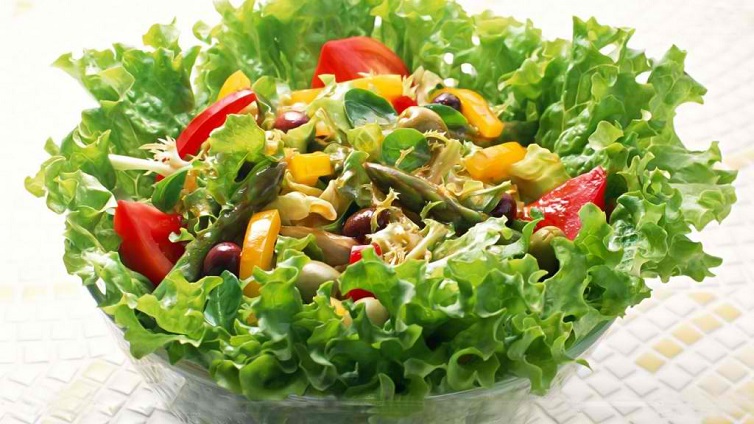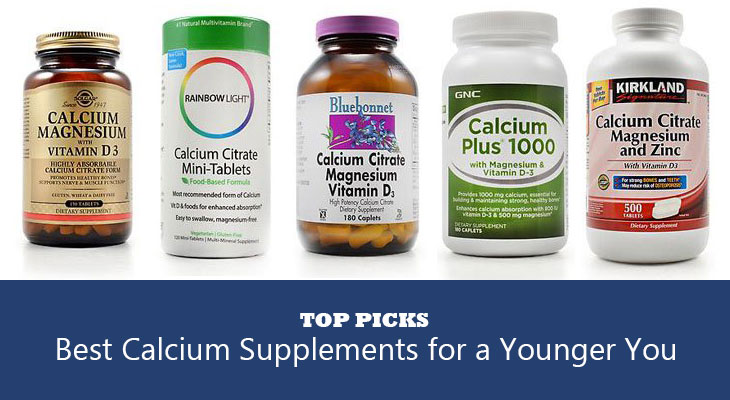ADHD, or Attention Deficit Hyperactivity Disorder, is a condition wherein the patient experiences difficulty in sustaining one’s focus and concentration. Symptoms generally appear to be benign, but could significantly affect the way one functions in day-to-day life. A person with ADHD is impulsive and constantly seeks various activities, sometimes to the detriment of their current task. Those with the condition usually have difficulty in organizing their tasks and managing their time.
Symptoms of ADHD most often occur during childhood, and if left unmanaged can lead into adulthood. While there are many medical and therapeutic techniques used to alleviate symptoms, diet also plays an important part in its management. While it must be understood that diet alone cannot cure ADHD, it is influential in minimizing the condition’s impact in the patient’s daily activities.
Food & Nutrition Diet (Meal Plan) for ADHD
#1 Recommended Breakfast Diet for ADHD

The core of an ADHD-friendly diet largely includes food known to improve brain function and development. Thus, protein-laden breakfast fare are preferred, giving the ADHD patient a lot of options. The standard breakfast of bacon and eggs, with a side of beans, can do wonders. In terms of carbohydrates, complex carbs especially from whole grain foods are preferred.
Fruits, are, of course, important. Apples and oranges are not only good for breakfast, they also contain vital nutrients to promote proper brain function.
#2 Recommended Lunch Diet for ADHD

Omega-3 fatty acids are important for brain health. These are most abundant in cold-water caught fish, such as salmon and tuna. Meat is also good, but use lean meat to ensure you don’t expose yourself to the health hazards involved with fatty meat. Chicken and other poultry are also preferred.
#3 Recommended Dinner Diet for ADHD

Dinner diet could be the same as lunch. An after-meal salad composed of leafy vegetables is also important, as these contain vital nutrients.
It is important to emphasize that eating nutritious fare for your major meals is all about general nourishment, and not to fill in any deficiencies of nutrients that many think to be the cause of ADHD. It has been proven that ADHD isn’t caused by a specific lack of nutrition in the blood or brain, so there is no need to overeat a specific type of food to “make up”.
#4 Recommended Snack Diet for ADHD

The safest snacks for ADHD are all-natural, high-protein food stuff. This include eggs (boiled or fried), nuts, beans, and veggies that contain the same high-protein content (such as lentils). Fruits you can eat on-the-go are also good.
#5 Recommended Drinks for ADHD

Some research have shown that small doses of caffeine may help in increasing the focus of those affected by ADHD, but be aware that this also has some consequences. Some people are more sensitive and get too giddy, contributing to the hyperactivity that is a trademark symptom.
Water is, of course, the best drink. Avoid juices as well, since they may cause additional problems due to their sugar content (unless they come from natural sources such as fresh fruits).
#6 Recommended Herbs for ADHD

There are various herbs that could also help medications treat ADHD. Ginseng is an important one since its ability to improve focus directly counteracts one of ADHD’s most common symptoms. Valerian, a sedative herb, is also good in proper doses for calming down bouts of anxiety and restlessness. The same goes with St. John’s Wort and passionflower. Gingko Biloba hasn’t been studied as extensively for ADHD, but it has also shown potential in improving the inattentiveness involved in the condition.
Lemon Balm is among the most-used and most successful herbs for ADHD. as its helps in improving mental clarity and attention span. It is best combined with the mild herbal sedatives above, to provide a more holistic approach to the symptoms.
#7 Recommended Fruits for ADHD

Fruits that are high in Vitamin C, and high in antioxidants, are perfect for ADHD. These fruits not only protect the whole body, they also ensure maximum brain development. Aside from those mentioned above, other fruits that should make your list include pears, kiwi, mangosteen, grapefruits, pineapples, and the like.
#8 Recommended Vitamins for ADHD

A balanced take on vitamins is essential for ADHD patients. As mentioned earlier, however, patients should aim for a balanced nutritional profile and should stay away from “mega doses”, which would be harmful in the long run.
#9 Recommended Minerals for ADHD

There are different minerals that are important in the development not just of the brain but also in the whole neural system. A healthy neural system is important in combating the symptoms of ADHD. Calcium and magnesium are among these. These minerals also directly counteract the symptoms of excitability and irritability caused by ADHD. Potassium is also important, decreasing the likelihood of further nervous degradation.
#10 Discouraged Food for ADHD

This is where it can get pretty tricky. There have been research linking ADHD to sensitivity to some food additives which is the root of some suggestions that those with ADHD do elimination diets. An easier way to go about with this, though, is just to avoid any type of food that has artificial colors and flavoring. This is easily done by preparing your own meals yourself, so you can control the ingredients. This also helps remove the risk of allergies from certain food ingredients triggering or intensifying the symptoms of ADHD.
Sugar has been much-maligned as a source of hyperactivity in ADHD patients, but its by no means a cause for the condition itself. It’s okay to work some sugar into your diet, but make sure to keep it in check. Caffeine, if registering any unwanted effects, should also be removed. Alcohol should be avoided at all costs.
ADHD can be pretty impacting, but it can also be controlled much like most other conditions. With the proper diet in aid of professional medical intervention, there’s no reason it should negatively affect your life.
- READ MORE




